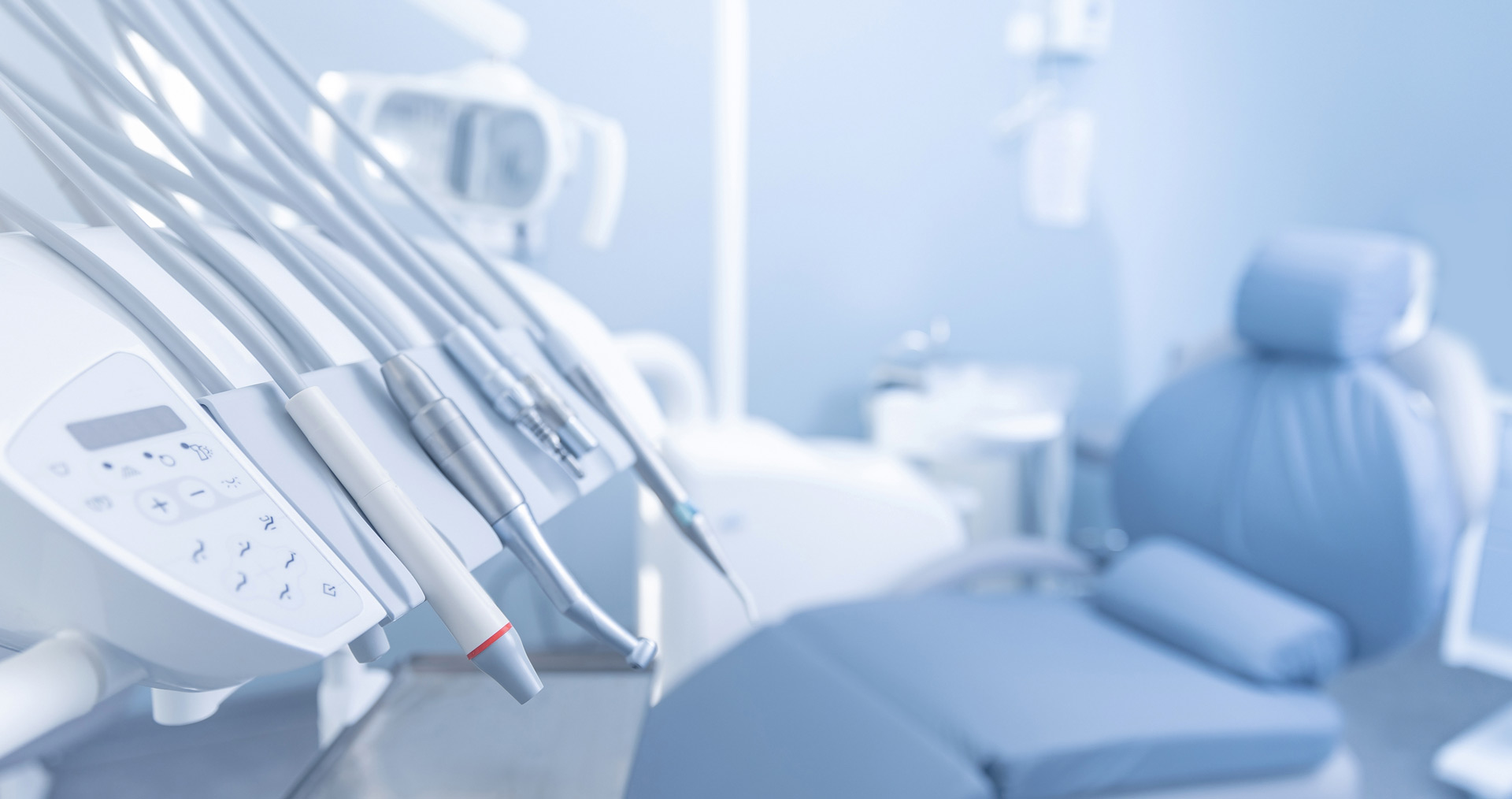
Dental Exams
Staying Up to Date with Dental Exams and Checkups
Anyone who takes good care of his or her teeth may find the points listed below too basic. Cornerstone Dental is offering these explanations as reminders of why dental hygiene is important – as well as a warning to anyone who has not been keeping up with his or her oral care.
The Importance of Oral Hygiene
One of the facts of being human is that bacteria develop in the mouth. Oral hygiene is the basic, no-fail solution to eliminating bacteria. Anyone who fails to practice regular oral hygiene runs the risk of letting the bacteria form into plaque, which hardens and then goes on to become a more serious condition. These conditions may range from gingivitis, which is a mild form of gum disease, to something more serious, like periodontal disease. Maintaining steady oral hygiene practices, along with regularly scheduled checkups to the dentist, will keep your mouth and teeth healthy, and without worries of inflammation, infection, decay, or tooth loss.
The Purpose of a Dental Exam
Through dental exams, the dentist can evaluate each patient’s dental care practices and provide suggestions for the future to guard against complications that include cavities and gum disease. Additionally, dental exams help the dentist detect early warning signs of more serious problems which may then be easily addressed.
Frequency of Dental Exams
Ideally, a dental exam should be scheduled once every six months. The dental staff at Cornerstone Dental may also provide each patient with advice on how often an exam may be necessary. Patients who smoke, frequently develop cavities, or may be predisposed to the risk of tooth and root decay and gum disease will likely require additional visits.
The Rundown of a Dental Exam
During a routine dental exam, a staff member will clean a patient’s teeth and remove all surface stains or deposits (known as “tartar” and “calculus”) that may have developed. (These are much more difficult to remove than plaque and require the use of professional dental instruments for their removal.) Additionally, the patient will be checked for any signs of gum disease or decay with the aid of an X-ray machine. The X-rays that are taken offer a far more detailed look into a patient’s dental health, and any potential issues can be caught early. The dental professional will ask the patient about how he or she is taking care of their teeth: “How often do you brush your teeth?” “Do you floss?” “Does your toothpaste have fluoride?” These are only a few of the questions a patient will be asked regarding his or her dental health, but they are beneficial for finding out if anything needs to be changed so that potential future problems may be avoided.

Preparing For a Dental Exam
Patients should prepare every day for their dental exams. In other words, practicing good dental care – as a rule – is helpful to maintain the health of the mouth. Every patient should brush his or her teeth twice per day, and floss once per day. Brushing teeth before an exam is also helpful, as food and plaque will already be removed, and the dentist can focus on cleaning the more hard-to-reach areas. The patient should also make the dentist aware of any overall health changes that he or she has experienced since the previous visit. (It goes without saying that any changes to insurance coverage is also important to convey.) The patient should not feel self-conscious. The dental team wants to help. Finally, it’s best to schedule a follow-up dental checkup, as it is too easy to “wait until later.” (Six months go by fast!)
We at Cornerstone Dental hope that these points have answered your questions. To learn more – and, if necessary, to make an appointment at our office in Middletown, NY – call 845-342-4668.
We look forward to seeing you at your next appointment.
